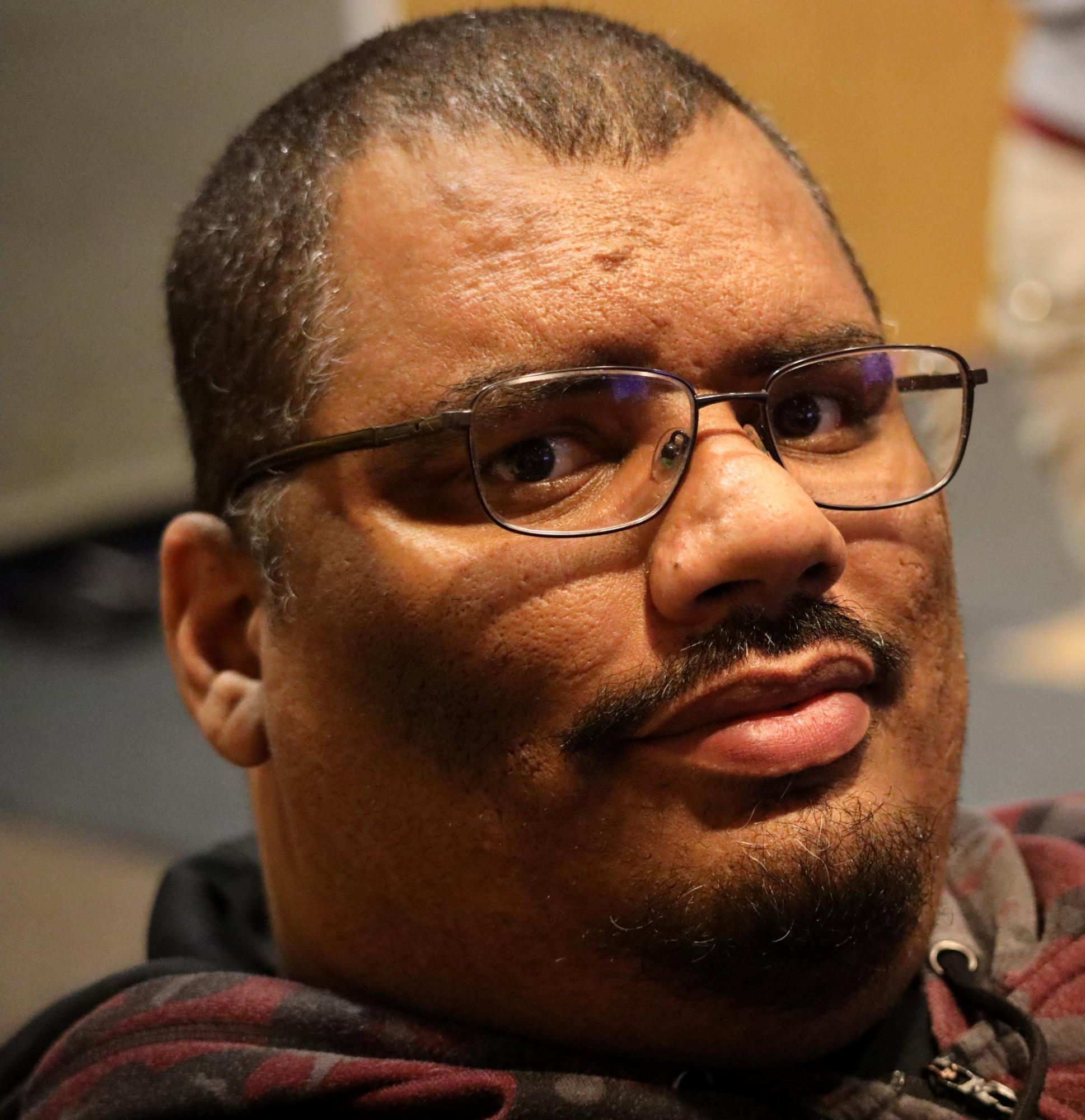Enhancing Knowledge Through Online Learning
Bimonthly online discussions are continuing education opportunities for mental health interpreters and clinicians who work with deaf consumers. QMHI's are required to have 40 contact hours of continuing education per year.
You can go to this URL https://support.zoom.us/hc/en-us/articles/201362193-How-Do-I-Join-A-Meeting- for more information on how to join the webinar. More tips for using Zoom can be found HERE
All presentations are in the form of a webinar. Links to the webinar will be sent out the same day as the event. This year our webinars will be hosted on Zoom. To use this platform, please read documents on the Zoom Website.
Important: In order to ensure time to process your registration, the completed form and payment must be received 7 days prior to the event you wish to join.
The registration fee for all online discussions in the calendar year 2025 is just $35.*
How to Register:
- Download and fill out the 'Permission to File CEUs" form. This will serve as your registration form for all online discussions within that calendar year.
- Send a check for $35.00 made out to ADARA- MHIT Fund along with the completed form to:
Shannon Reese, Services Coordinator
Alabama Department of Mental Health
Office of Deaf Services
P.O. Box 301410
Montgomery, AL 36130
Upcoming Events
Note New Times for 2025
All Events run 6:00 - 8:00 PM Central Time
2025 Events
May 13 Body Image and Ableism in Deaf Youth Presenter: Claire Ryan
July 8 Neurodivergence in Mental Health Presenter: Rayne Depukat
September 9 LBQTIA+ Art Therapy Presenter: Kurt Oster
November 18 Development of the theory of mind (ToM) in DHH children and the lifelong implications of ToM deficits Presenter: Cathy Chovaz

"Now Showing"
“Hidden in Plain Sight: Human Trafficking of People with Disabilities and Mental Health Challenges”
March 11, 2025
All discussions are conducted from
6:00 - 8:00 Central Standard Time (CST) (Note New Time)
Presented by:
Damien Marsh, MSW
The Purpose of the Training
This Bi-monthly online discussion will provide participants with opportunities to interact with interpreters and clinicians in the field of deafness, explore research articles, discuss presentations, and apply the online discussion to service provision.
Human trafficking is a growing crisis, and individuals with disabilities and mental health conditions are among the most vulnerable. Traffickers prey on those who may struggle with communication barriers, dependence on caregivers, or social isolation—making them easy targets for exploitation. Many victims are coerced through manipulation, false promises, or even threats to their safety and well-being.
The Objectives of the Training:
-
Explore the intersection of disability, mental health, and human trafficking.
-
Analyze warning signs, prevention strategies, and survivor-centered approaches to supporting those impacted.
-
Challenge misconceptions on human trafficking for people with disabilities
.
After the Training, participants will
- Name two prevention strategies for human trafficking and people with disabilities.
- Identify potential collaboration across advocacy, healthcare, and law enforcement sectors.
- Recognize three tools for assessing human trafficking among the disabled in the mental health field
.
Target Audience:
Interpreters in Mental Health, Community Interpreters, Mental Health Professionals, School Counselors







